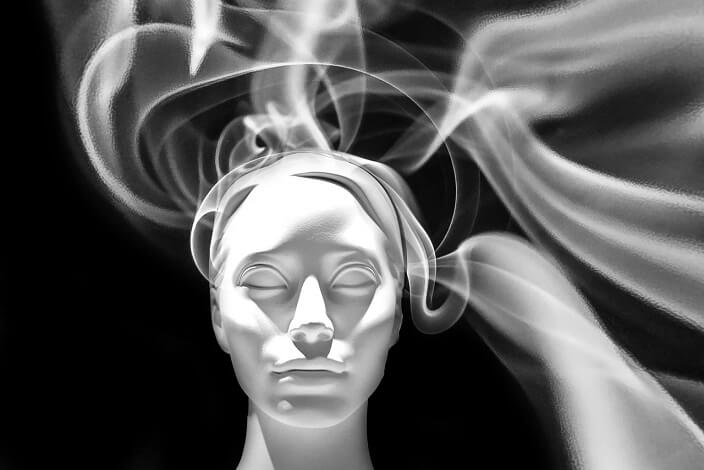Consciousness is a fascinating and enigmatic aspect of human existence that has captivated philosophers, scientists, and thinkers for centuries. While it is an essential part of our everyday experiences, its true nature remains elusive and challenging to define.
This article seeks to delve into the depths of consciousness, shedding light on the various perspectives and theories surrounding this mysterious phenomenon.
Understanding Consciousness: The Journey Begins
To embark on the journey of understanding consciousness, we must first grasp the concept itself. Consciousness can be broadly defined as the state of being aware of and able to perceive both the external world and internal mental processes.
“It is the quality of subjective experience that gives rise to our thoughts, emotions, and perceptions.”
The Hard Problem of Consciousness: Unravelling The Mystery
One of the most profound and perplexing questions about consciousness is the “Hard Problem.” Coined by philosopher David Chalmers, this problem addresses why and how certain physical processes in the brain give rise to subjective experiences. Despite tremendous advances in neuroscience, the subjective nature of consciousness remains beyond the scope of objective measurements, leaving researchers grappling with its origins.
11 Books That Will Shift Your Consciousness And Change Your Life
Theories of Consciousness: From Materialism To Dualism
Numerous theories have been proposed to explain consciousness, each offering a unique perspective on its nature. Materialist theories posit that consciousness arises from the physical processes in the brain and nervous system. On the other hand, dualist theories suggest that consciousness is separate from the physical realm and may have a non-physical or spiritual origin.
Altered States of Consciousness: Unveiling The Mystical & Psychological
Beyond the ordinary waking state, humans experience altered states of consciousness, such as during dreams, meditation, or under the influence of psychoactive substances. These states offer valuable insights into the fluid and dynamic nature of consciousness, blurring the boundaries between the self and the external world.
Consciousness & Artificial Intelligence: The Quest For Sentience
As technology advances, the question of whether machines can possess consciousness arises.
Artificial Intelligence (AI) researchers explore the possibility of creating conscious machines, sparking ethical debates about the implications of sentient AI beings and the nature of consciousness itself.
Final Thoughts
Consciousness continues to be an enigmatic frontier, challenging the limits of human understanding. While we have made remarkable progress in deciphering the workings of the brain, the true essence of subjective experience remains a captivating mystery.
The exploration of consciousness transcends scientific disciplines and delves into the realms of philosophy, psychology, and spirituality. As we navigate the complexities of this phenomenon, we must approach it with humility and an open mind, realizing that its full nature might forever lie just beyond our grasp.
Embracing the enigma of consciousness, we embark on an awe-inspiring journey of self-discovery and contemplation, forever seeking to unravel the secrets of the human mind.
* * *
NEXT UP!
What Is Christ Consciousness?
Regardless of where you are on the spiritual path and what your relationship is like with Christianity, there’s a pulsating core of mystical Divine Love at the heart of Jesus’ teachings.
And this impassioned blaze of Love has been felt by people all over the world in many spiritual and religious traditions – not just Christianity.
‘Christ Consciousness’ is a term that I’m sure you’ve heard mentioned at least once on your inner wanderings, and it’s a phrase shrouded in mystery.
* * *
READ MORE: Aerospace Billionaire Saw Interdimensional Forces: Says UFOs & Consciousness Are Linked
Read more on Consciousness: 25-Year Search For The Source of Consciousness Ends – And Neuroscience Lost This One
Liked it? Take a second to support Collective Spark.
We’d love to hear from you! If you have a comment about this article or if you have a tip for a future Collective Spark Story please let us know below in the comment section.

